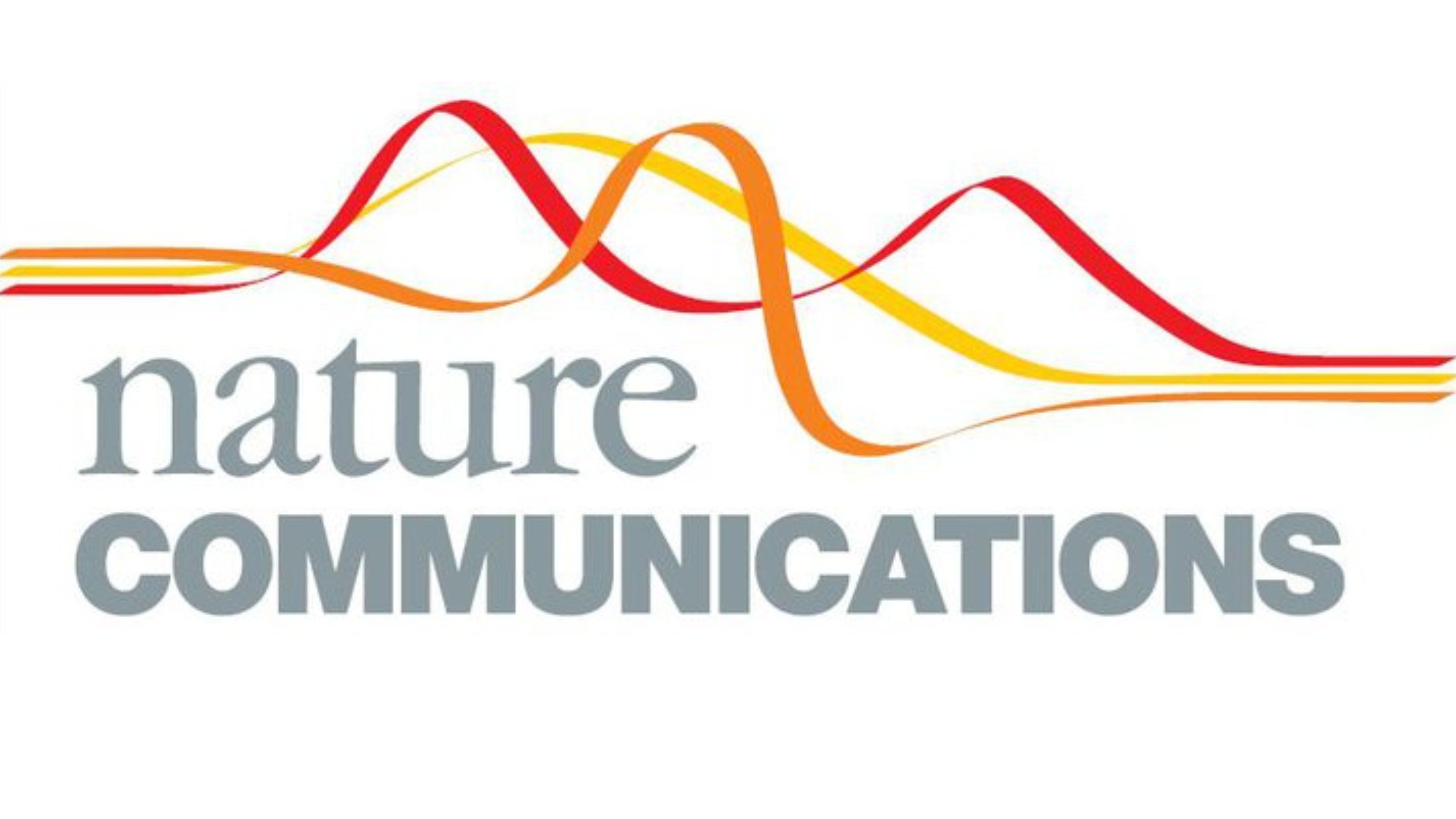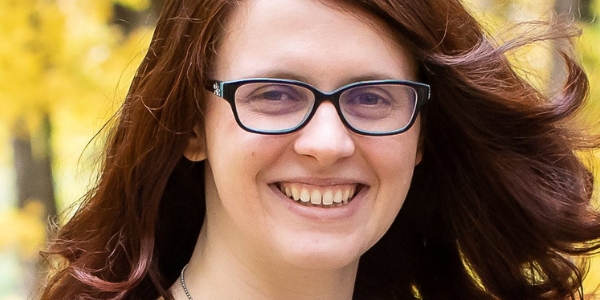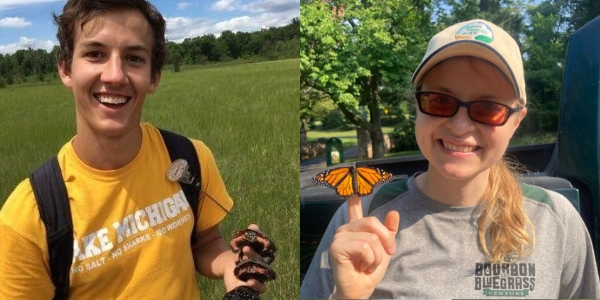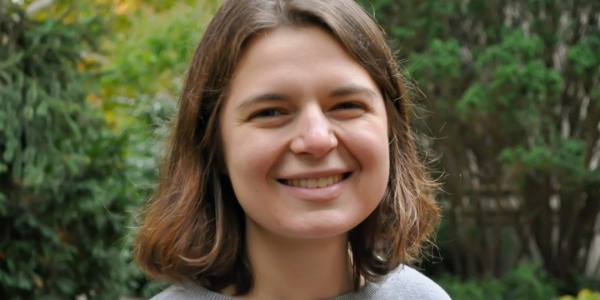Where there’s smoke are lessons in demands of global sustainability
As the world struggles for sustainability in the face of climate change, wildfire smoke becomes a lesson in how people can become victims far from the root of a problem and far from their control.
In this month’s open access National Science Review, Jianguo “Jack” Liu, MSU Rachel Carson Chair in Sustainability, makes a case for the world to shake off the constraints of traditional governance, which tends to address issues in one place without considering how people or ecologies near and far might be impacted.
Justice at a global scale can be threatened when natural events or human decisions in one part of the world to protect, reroute, or corral resources shifts an unwanted impact to other places of the world. The wronged party can be invisible – the injustices inflicted without intent or acknowledgment.
This week’s Canadian wildfires which have blanketed much of the U.S. northeast in health-threatening smoke is an example of how local events can spread crises far beyond their borders, and people can suffer far from the root of the problem and detached from its possible solutions.
“Sometimes we do injustice to other places without really knowing it,” Liu said. “Actions bounce back and forth between humans and nature from the community nearby and the country on the other side of the world. In other words, all that’s local is a lot more global.”
Liu says using the lens of metacoupling (human-nature interactions within as well as between adjacent and distant places) allows scientists and stakeholders to view the world as it truly is – with humans and nature interacting over space and time and without boundaries of governments or academic disciplines. The metacoupling framework enables scientists to understand how local actions – like policies that regulate the sale of wild animals or affect the release of greenhouse gases – generate profound impacts nearby and far away worldwide.
China’s pandas and the global adoration they inspire also can show the irony. China’s pandas are rare and fragile and climate change is further loosening their grip on survival. Conservation leaders have grown a successful panda loan program that has distributed dozens of pandas to many countries such as the United States, raising awareness, support and money for conservation programs.
Yet what it takes to make panda loans successful – including transporting bamboo and moving the pandas around and visitors crisscrossing the globe to seem them - have a significant carbon footprint, which contributes to the very climate change that endangers them.
Liu isn’t arguing against trade, or panda loans. Rather, in his article “Leveraging the Metacoupling Framework for Sustainability Science and Global Sustainable Development” he outlines ways to foster a global accountability for actions. The metacoupling framework is comprehensive yet flexible. Its applications with good data and scientists from many disciplines can quantify the causes and effects of socioeconomic-environmental interactions across space around the world.
The article highlights major advances in scientific discoveries and illustrates implications for global sustainability based on the applications of the metacoupling framework. It also offers future perspectives to fill important knowledge gaps and needs for tools and policy innovations. The scientific discoveries are essential for fostering sustainability science, which is a foundation of global sustainable development. The implications are relevant for more effective governance, management, spatial planning, and ecosystem restoration toward sustainability.
Liu said that as climate change, war, disease spreads and disasters become more frequent there will be more cascading interactions near and far.
“The metacoupling framework can help better understand and manage the cascading interactions,” Liu said. “Such understanding can provide a good basis for seeking metacoupled justice to achieve a truly sustainable future worldwide.”
Read the full story in Center for Systems Integration and Sustainability.



